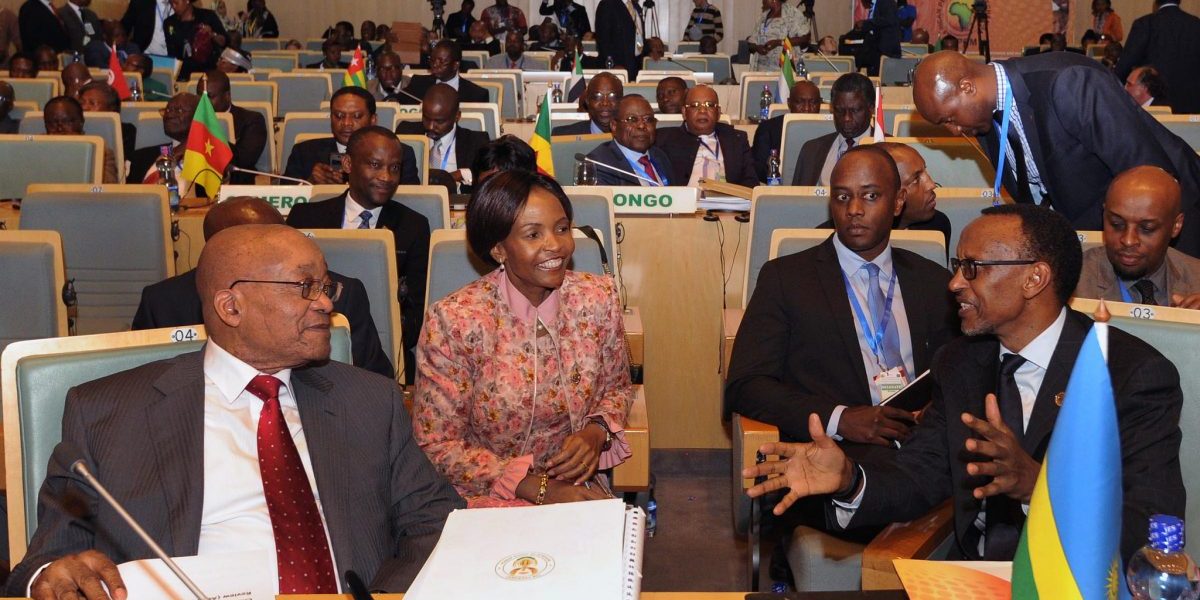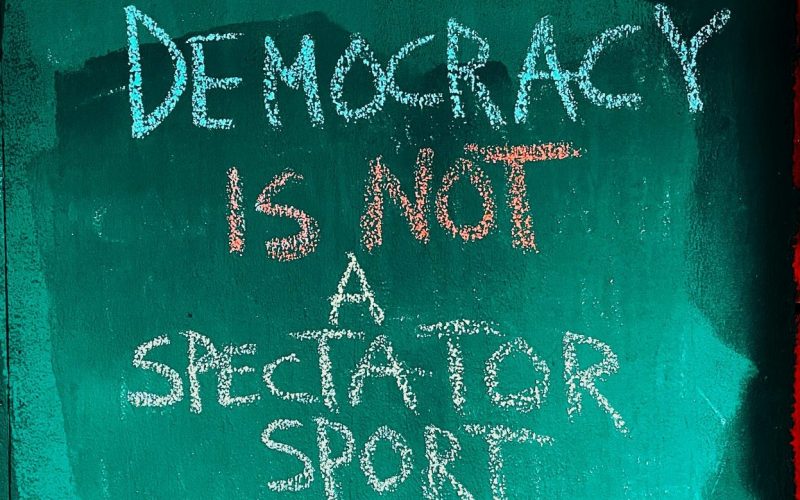Unfortunately, they are so complex that they defy simple categorisation. The most difficult problem concerns the nature and future of revenue distribution within Sacu. SA substantially subsidises the smaller members – particularly Lesotho and Swaziland – and the Treasury is uncomfortable with the subsidy’s extent given competing domestic fiscal demands.
Furthermore, the new Department of International Relations and Co-operation may administer an aid budget in future. Should that happen the Sacu transfer is the most likely source of funds.
By virtue of their Sacu membership, the smaller member states are entitled to a share of the customs revenue and SA has a historical obligation to support them owing to the economic polarisation this ostensibly causes. However, those states must realise that SA cannot indefinitely subsidise them at current levels.
Secondly, there are substantial differences over trade and industrial policies. Historically, the smaller member states ignored these issues since they received revenue in exchange for ceding sovereignty to South Africa.
Under the 2002 Sacu Agreement that bargain changed. They now have a say. Accordingly Botswana, Lesotho and Swaziland recently signed the Interim Economic Partnership Agreement (IEPA) with the EU. They are keen to diversify trade and investment away from overwhelming dependence on South Africa’s embrace.
This ostensibly requires liberalising import tariffs and opening up competition in domestic network services.
South Africa is on a different path, favouring sector-based industrial policy incorporating potential tariff increases, renewed emphasis on state-owned enterprises and retention of policy space. These stances don’t lend themselves to a binding liberalising agreement with the EU.
This dichotomy is at the heart of the differences concerning trade negotiations with the EU. The EU, desiring more access to the SA market – clearly the major prize – naturally exploits this divergence. It is, therefore, not surprising to find major tensions in EPA negotiations.
This highlights the third divergence: foreign policy orientation. Central to this is an old African conundrum – how to relate to former colonial masters and the West. Two countries are at the centre of this tussle in Sacu: Botswana and South Africa.
Tensions were sharpest under the Mbeki administration and centred on the Zimbabwe question. In some SA government quarters Botswana is viewed as a Western, particularly British, client as evidenced in the critical stance the Khama government has taken towards the Mugabe regime. This connects to a drive within some quarters of the tripartite alliance to reorient South Africa’s trade relations towards emerging developing countries.
Hence the totemic issue in the EPA negotiations is the “MFN clause”, which requires all parties to the EPA to offer the same trade concessions they accord to third parties (read Brazil, India, and China) to all EPA signatories. Unfortunately, the EU’s insistence on this issue has made matters worse.
So it is scarcely surprising that talk of dismantling Sacu is in the air. But what are the implications? I start from the standpoint that it is easy to destroy, but difficult to create.
Sacu is deeply enmeshed in the five member states’ economic fabric. Do we truly understand how much SA investment there is in the smaller member states, or how much trade is tied up within Sacu’s frontiers? If the customs union was abandoned, what would replace it?
Presumably the Southern African Development Community free trade area, but its future is uncertain. In the absence of regional institutional “glue” each member state could do as it wished with its import tariffs resulting in a debilitating trade war. And if SA pulled the plug on revenue transfers, Lesotho, Namibia and Swaziland would collapse overnight.
This high-stakes poker game being played out in the region calls for cool heads. I don’t have a ready resolution but believe it should encompass the following:
First, the obvious quid pro quo is for the smaller member states to accept less revenue and possibly on more onerous terms, in exchange for SA according them greater say over trade and industrial policy, and recognising that the “EPA 3” have legitimate interests which, while potentially divergent to the South African policy thrust, could nonetheless potentially be accommodated within a consolidated Sacu. The terms of that consolidation should be the core focus of discussions over the coming months.
Second, SA and Botswana need to give guidance to this quid pro quo.
Finally, the EU would help matters immensely by dropping its insistence on the MFN clause in the IEPA negotiations. The economics of this clause are not troubling, but its politics clearly are. The EU has its own internal constraints, and to accord this “favour” to Sacu would invite other regions negotiating EPAs with the EU to request the same.
Nonetheless, since the EU avers strongly that EPAs are supposed to promote regional integration, it should act on its own principles.








